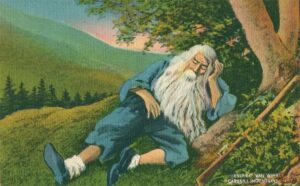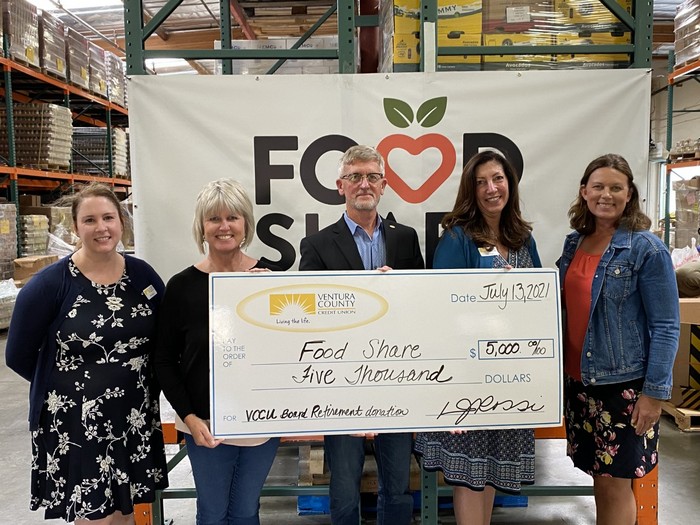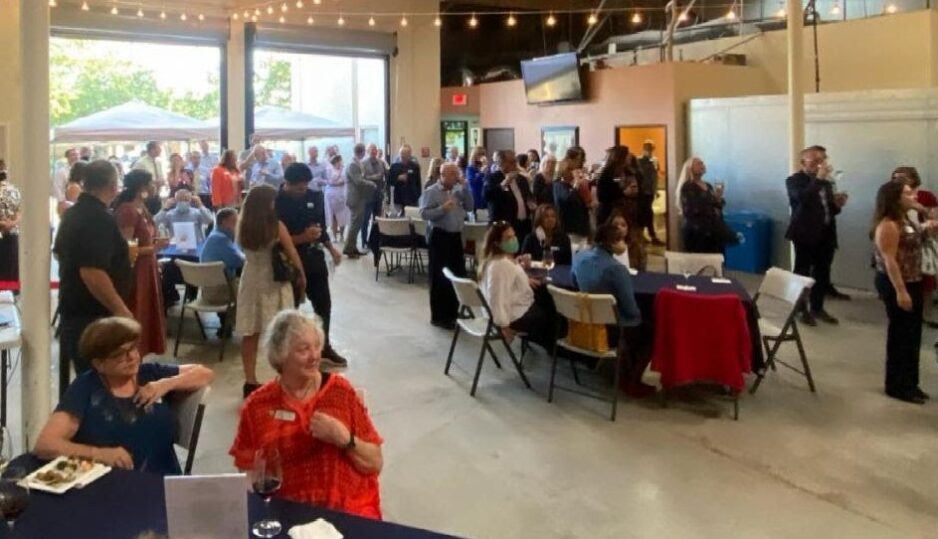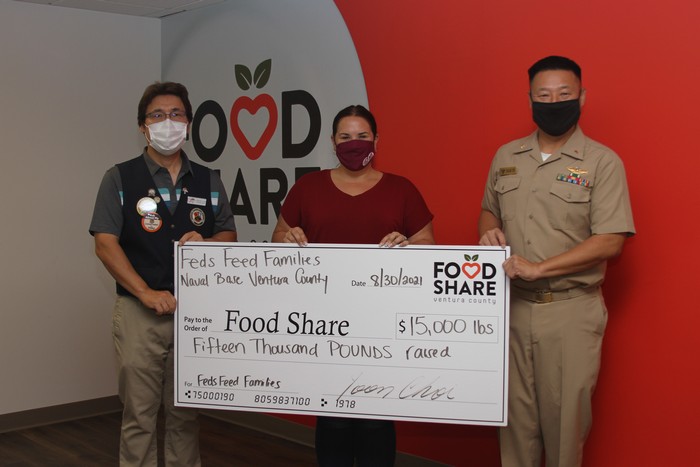 ∙ SPAN Thrift Store is now open to the public and looking for donations of adult clothing, household items and tools if you’ve got items you no longer use.
∙ SPAN Thrift Store is now open to the public and looking for donations of adult clothing, household items and tools if you’ve got items you no longer use.
SPAN Thrift Store is providing $10 spays and neuters for low income households with cats and dogs.
The upcoming clinics is Tuesday, September 28th at Albert H. Soliz Library – El Rio, 2820 Jourdan St., Oxnard, 93036.
Please call to schedule an appointment (805) 584-3823.
∙ An Idaho Falls animal control officer reported finding an Alaskan Malamute inside a hot vehicle at the Grand Teton Mall. The dog’s owner is now charged with misdemeanor animal cruelty and she pleaded not guilty.
When the animal control officer found the dog, they noted the outside air temperature at 80 degrees. The dog was lying down, panting and whining. A thermometer placed inside the car noted it was 98 degrees. Court documents do not indicate how long the dog had been left in the car.
Animal control took the dog to a vet clinic where they gave the dog fluids. The veterinarian who cared for the dog noted dog’s temperature had risen to over 103 degrees, which is far too hot for a Malamute.
About midway through treatment, the woman arrived at the clinic, paid the bill and the animal was returned to her. If convicted, the woman faces up to six months in jail and/or a $5,000 fine.
As the western United States and eastern Idaho faces record-breaking heat this summer first responders and health experts have issued warnings about how hot temperatures can reach in a car.
∙ By Amy Quinton | UC Davis
UC Davis leaders, veterinarians and California legislators have unveiled a new emergency program to help rescue animals in disasters. Called the California Veterinary Emergency Team and administered by the UC Davis School of Veterinary Medicine, the program will support and train a network of government agencies, individuals and organizations to aid domestic animals and livestock during emergencies.
California is providing $3 million a year for the California Veterinary Emergency Team, under legislation authored by Sen. Steve Glazer and incorporated into the state budget recently signed by Gov. Gavin Newsom. The program will be modeled after the UC Davis-led Oiled Wildlife Care Network, created in 1994 to mobilize volunteers and professionals to rescue and treat shorebirds and other wildlife that are injured during oil spills.
A primary goal of the new California Veterinary Emergency Team is to increase response capacity and help standardize disaster response across counties, bringing together disparate and fragmented groups. Currently, the California Animal Response Emergency System, or CARES, within the California Department of Food and Agriculture is charged with managing evacuation and care of animals during emergencies. They also work with community animal response teams and nonprofit organizations.
∙ Parents of a child with autism might wonder if a pet cat would be a good fit for the family. Now, research suggests both children with autism and cats benefit when a feline joins the household.
Gretchen Carlisle, a research scientist at the Missouri University Research Center for Human-Animal Interaction, in Columbia, Mo., and her colleagues studied the pet dynamic from both sides.
“It’s not only important to examine how families of children with autism may benefit from these wonderful companion animals, but also if the relationship is stressful or burdensome for the shelter cats being adopted into a new, perhaps unpredictable environment,” Carlisle said in a university news release.
Carlisle’s team monitored shelter cats after being adopted by families with at least one child with autism. The cats were screened using a profile to identify those with a calm temperament. The researchers made home visits to check on the cats two to three days after adoption and every six weeks for 18 weeks.
To test cats’ stress, Carlisle’s group looked for levels of the stress hormone cortisol in the cats’ feces, and found it decreased over time, she said.
Kids on the autism spectrum may have sensitivity or sensory issues and occasional problem behaviors accompanied by loud, sudden outbursts, Carlisle said. Because of those concerns, screening cats for a calm, easy-going temperament may increase the odds of a better match.
This research may help animal shelter staff overcome the financial and management hurdles that can result when cats are returned to shelters if there is not a good fit with the adopted family, she noted.
“Obviously, the shelters want to place all of their cats in homes, but some families may require a more specific fit, and using research-based, objective measurements for screening temperament may help increase the likelihood of successful, long-term matches,” Carlisle said. “Our hope is that other scientists will build on the work of our exploratory study so shelter cats and families of children with autism might benefit.”
The report was published Sept. 6 in the journal Frontiers in Veterinary Science.
∙ Your Dog May Get Jealous Even if It Just Imagines You Petting Another Dog
David Nield
Nearly 4 in 5 dog owners report instances of jealousy from their pooches, and new research suggests those behaviors can be triggered even if a supposed rival for affection and attention is out of sight.
As we cannot quiz canines about their thoughts or feelings, the study is a useful insight into what might be going on inside a dog’s mind when it sees (or doesn’t see) something that it thinks it needs to be jealous of.
In humans, jealousy is thought to be closely linked to self-awareness, so the research also has something to say about whether or not dogs are actually aware of themselves .
Bastos and her colleagues ran exercises with 18 dogs, which looked on while their owners sat next to either a realistic-looking fake dog or a fleece cylinder. The fake dog acted as a rival for affection, and the cylinder acted as a control.
Once the dogs had observed the scene with their owners and the fake dog, a barrier was put up blocking the view of the fake dog but not the owner or the owner’s motions. Researchers then tipped the fake dog over and tapped the owner on the shoulder, signaling that they should pretend to pet and talk to the now-gone fake dog.
The owners were, in fact, petting a fleece-covered shelf at this point, an effort on the researchers part to avoid the owners providing any unconscious cues to the canine on how to react. Owners used generic phrases – “You are such a good dog!” – to avoid getting their pet excited.
The fake dog remained on the scene, too, but was located 1.5 meters (4.9 feet) from the owner, was always facing the owner, and within view of the actual dog.
Three human-like signatures of jealous behavior were observed. First, the behavior only emerged when a perceived social rival was involved, and second, it emerged even for out-of-sight interactions with this rival.
Thirdly, because the fake dog was either imagined to be present during the first scenario or was actually present even when the dog owners were petting the cylinder, the researchers could say that the jealous behavior happened as a consequence of the interaction and not just because of the presence of the other dog.
“These results support claims that dogs display jealous behavior,” says Bastos. “They also provide the first evidence that dogs can mentally represent jealousy-inducing social interactions.”
The research has been published in Psychological Science.








